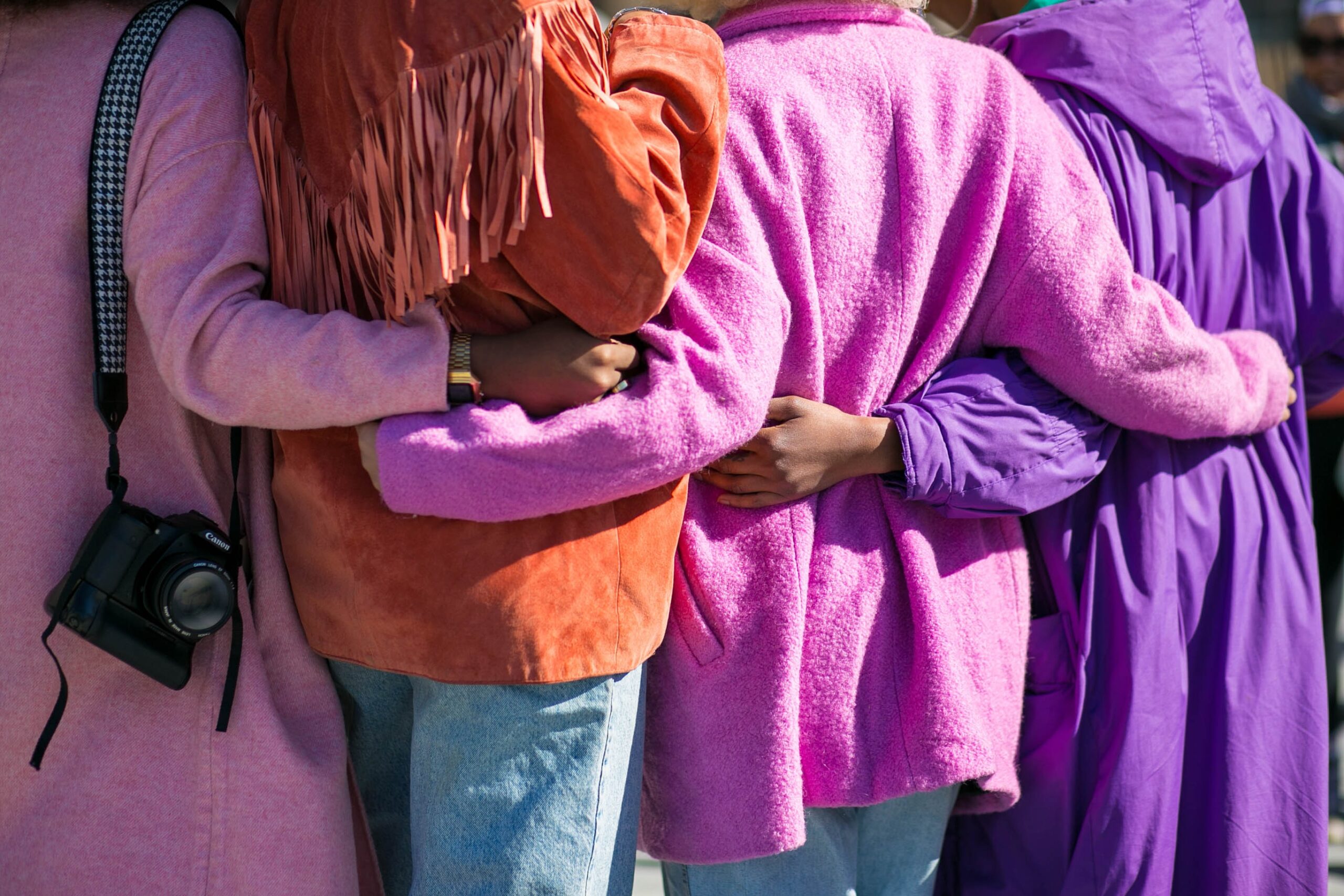Trigger Warning: This article discusses themes of sexual assault, domestic violence, human trafficking and gender inequality.
While Women’s History Month is a time designated for observing the vital role of women in American history, and it often encourages companies and organizations to support women in need of resources, the problems that many women face don’t go away after March ends.
According to the United Nations (UN), about one-third of women worldwide have experienced physical and/or sexual violence by an intimate partner, and in extreme cases, violence against women is lethal. In the United States, a woman is assaulted or beaten every nine seconds.
In North Carolina, there are several physical and digital resources that help women facing domestic violence, sexual assault, gender inequality and a number of other challenges.
InterAct
InterAct of Wake County is located in Raleigh and has been helping those in need of protective services since 1978. The organization offers help to anyone and invites those who are able to join their organization. The organization’s site assists those in need by helping to identify the signs of violence and assault in relationships, as well as providing a place to stay in case one’s residence is not safe.
According to its website, about half of all domestic violence shelter residents do not return to their abusers nationally, while more than 90% of InterAct’s shelter residents do not return.
Those with immediate needs can refer to the multiple crisis lines on the page, including one in Spanish for native speakers. The website also allows for a quick exit to another page in case viewing it on one’s browser is dangerous.
North Carolina Council for Women & Youth Involvement (NC CFWYI)
This advocacy agency focuses on issues impacting women and youth, with several programs including but not limited to the Family Violence Prevention Services Program, Students Against Destructive Decisions, Sexual Assault Program and Domestic Violence Program.
The organization also works to serve marginalized populations by improving response and raising awareness to human trafficking within the state, as 70% of trafficking victims are female and 50% are children.
NC CFWYI offers online modules that cover important intervention tools and supplemental information regarding human trafficking, service provision and collaboration with similar organizations.
North Carolina Coalition Against Sexual Assault (NCCASA)
The NCCASA is a statewide alliance whose work aims to end sexual violence through education, advocacy and legislation.
For education, the organization offers training for sexual violence victim advocates and other related professionals. It provides the opportunity for participants to gain a sense of the statewide community support and exchange local expertise.
Along with offering resources for communities to join conversations centered around survivors’ voices and sexual violence work, NCCASA works with elected officials to get funding for sexual assault response programs. The website also helps guide others who represent constituents within the NC Legislature so that individuals and groups can contact their representatives for sexual assault awareness and advocation.
North Carolina Coalition Against Domestic Violence (NCCADV)
To help end domestic violence and enhance work with survivors, NCCADV provides collaborations with similar organizations, training, prevention, technical assistance and legal advocacy. The coalition believes that it is critical to serve all domestic violence survivors regardless of race, age, identity, ability, belief or immigration status.
NCCADV offers online resources for those looking for immediate help and answers to frequently asked questions. It also provides a collection of domestic violence statistics within the state and nationwide.
Those looking to support the organization in its efforts can also sign up for a membership or donate online. The website offers a safe exit if browsing this website is unsafe for a user.
WomenNC
Started by Beth Dehghan, WomenNC works to eliminate gender disparities in North Carolina. The organization provides those in higher education with the tools to advance gender equity in North Carolina through research and discussions with leaders.
The training program prepares scholars to craft research projects that investigate gender disparities and provides public policy solutions to improve life for women and girls. Those on UNC-Chapel Hill’s campus can also get involved. WomenNC works with faculty and undergrads in UNC-CH’s Public Policy Capstone course to produce actionable public policy research.
WomenNC has also spearheaded the Cities and Counties for the Convention for the Convention to Eliminate All Forms of Discrimination Against Women (CEDAW), an international treaty adopted in 1970 enacted to uphold the rights of women, in cities and towns across the nation.
Inter-Faith Council For Social Service
Inter-Faith (IFC) offers a plethora of resources including community meals, a community house and even emergency financial assistance.
Located in Chapel Hill and Carrboro, this organization’s mission is to confront the causes and respond to the effects of poverty within the community. IFC values social justice and community power.
While this service is not exclusively for women, IFC lists a shelter specifically for women and families in Chapel Hill and resources for local emergency services including Street Outreach, Harm Reduction & Deflection Team (SOHRAD) and the Chapel Hill Crisis Unit.
- Resources to keep helping after Women’s History Month - April 8, 2022
- The Local Bachelorette: Grace Guin - February 4, 2022
- The Return of Teen Wolf - October 29, 2021

